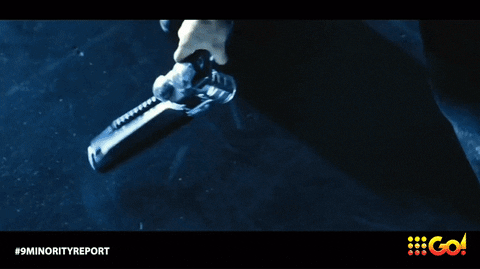Minority Report, directed by Steven Spielberg in 2002, is a film that explores the potential consequences of advanced technology on society. The movie's premise revolves around "Pre-Crime," a system where law enforcement uses psychics to predict and prevent crimes before they happen. While this concept may seem like science fiction, it raises several thought-provoking questions about our future with artificial intelligence (AI) and data privacy.
One of the most significant social implications of Minority Report is the impact on individual freedom and autonomy. In a world where every action can be predicted beforehand, what happens to personal choice? If individuals know that their actions will lead them down a predetermined path, does this mean they are no longer responsible for their decisions? This raises concerns about how much control society should have over an individual's life and whether it is ethical to intervene in someone's future based on predictions.
Another aspect of Minority Report that highlights its social implications is the role of technology in shaping our lives. The film showcases a world where advanced AI systems are used for crime prevention, but what if this same technology were applied elsewhere? Could it be misused or lead to unintended consequences? As we continue to develop more sophisticated technologies, it's crucial that we consider the potential risks and ethical dilemmas associated with them.
In conclusion, Minority Report serves as a cautionary tale about the social implications of advanced technology on society. It forces us to question our reliance on AI systems and ponder whether they can truly predict human behavior accurately. As we move forward in this digital age, it's essential that we remain vigilant about protecting individual freedoms while also acknowledging the potential benefits of such technologies.
